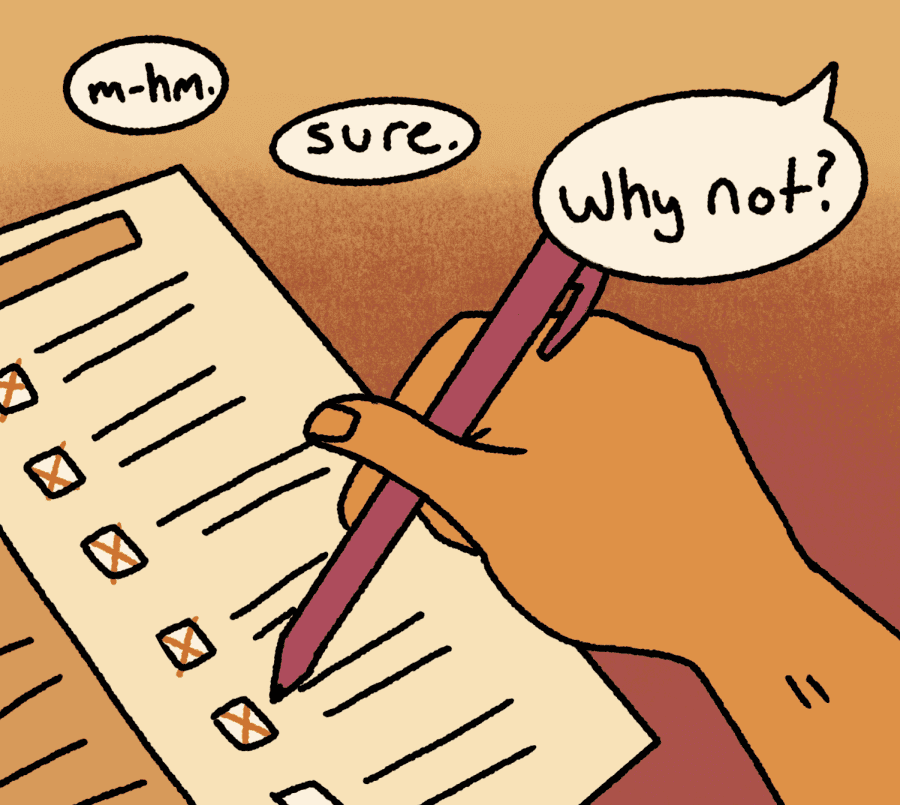Editorial | All offices on midterm ballots matter
Nov 7, 2022
Midterm elections are swiftly approaching on Nov. 8, and big changes at Capitol Hill are impending. After all, most seats in Congress are up for election, which includes all 435 House seats and 35 Senate seats.
If we zoom out from Capitol Hill, midterms have a monumental impact on state legislation, where many voters will be deciding on issues such as abortion rights, workers’ rights and economic concerns in their respective states.
In Illinois, many statewide offices are on the ballot, including Governor, Lieutenant Governor, Attorney General, Comptroller, Secretary of State and Treasurer. Moreover, the ballot doesn’t stop there — many local seats in Champaign County are also up for grabs, including County Clerk, Sheriff and County Executive.
Candidates that are running for seats at federal and state levels often have enough funding to publicize their policies by throwing millions of dollars towards advertising. Gov. JB Pritzker has a net worth of $3.6 billion — it’s no surprise he can pour money to subject Illinois residents to the numerous targeted Youtube ads endorsing him for reelection.
Legislators running for local offices often do not have access to lavish funding and have to resort to getting by with significantly smaller budgets, or advertising by word of mouth. As a result, many voters have little knowledge of who the local candidates on the ballots are, and what policies they can implement.
Get The Daily Illini in your inbox!
The truth is local politics impact an individual more than federal politics do. Even the White House says, “Most Americans have more frequent contact with their State and local governments than with the Federal Government.”
Local governments often have power over institutions that directly impact citizens’ daily lives — this includes police and fire departments, libraries, schools and public works. Many voters are not aware of this, especially young, college-aged voters.
For many young voters that are informed about politics, their focus on the ballot usually lies with the offices in Capitol Hill or the higher-ranking statewide offices such as Senator and Governor, and rarely toward local offices that impact the condition of the roads they drive on or how their votes are counted.
This narrow-sightedness impacts general voter turnout due to the presumed “lower importance” of midterm elections since a new president is not on the ballot. Research shows that individuals aged 18 to 29 cast 17% of the ballots in presidential races, but only 12.8% of the votes in midterm elections.
Especially during a time when America’s voter turnout lags behind many other developed countries, voting is crucial. Also of equal importance is knowing all the candidates and offices on your ballot — whether they are at the local, state or federal level — to make an informed vote.
If you can vote in Illinois, research your local candidates to learn what they can do for you before you head to a polling station near you on Nov. 8.






